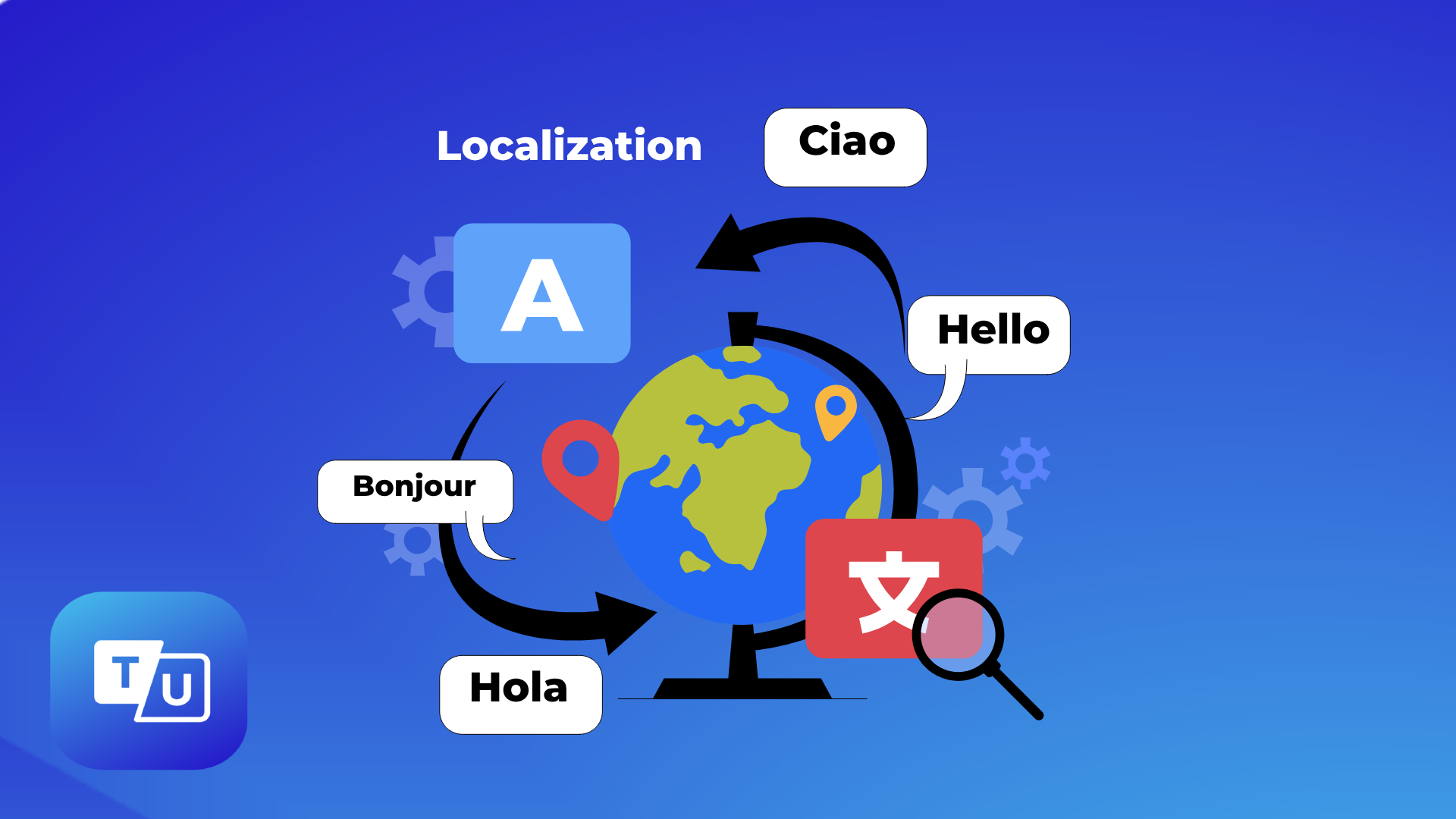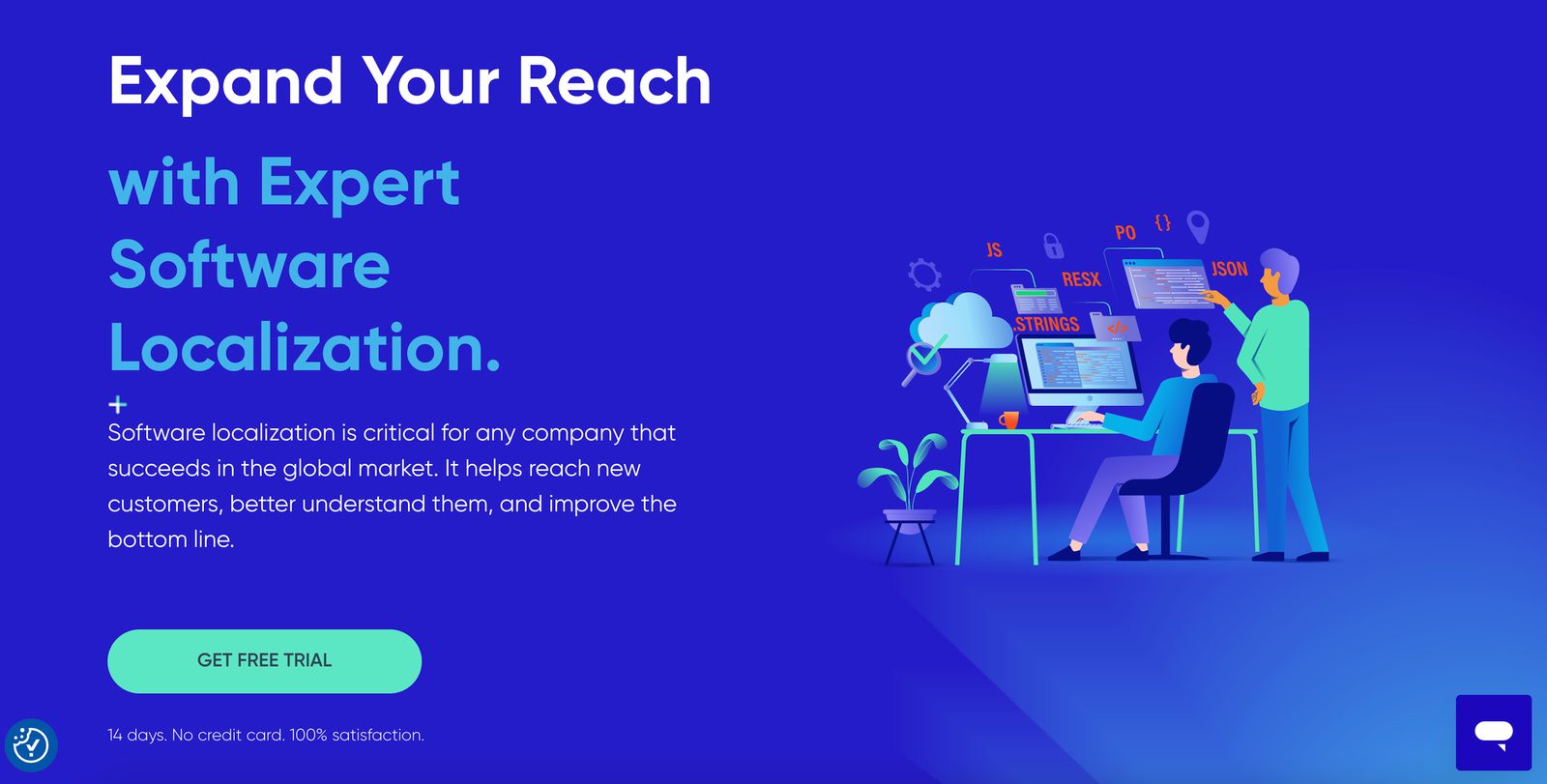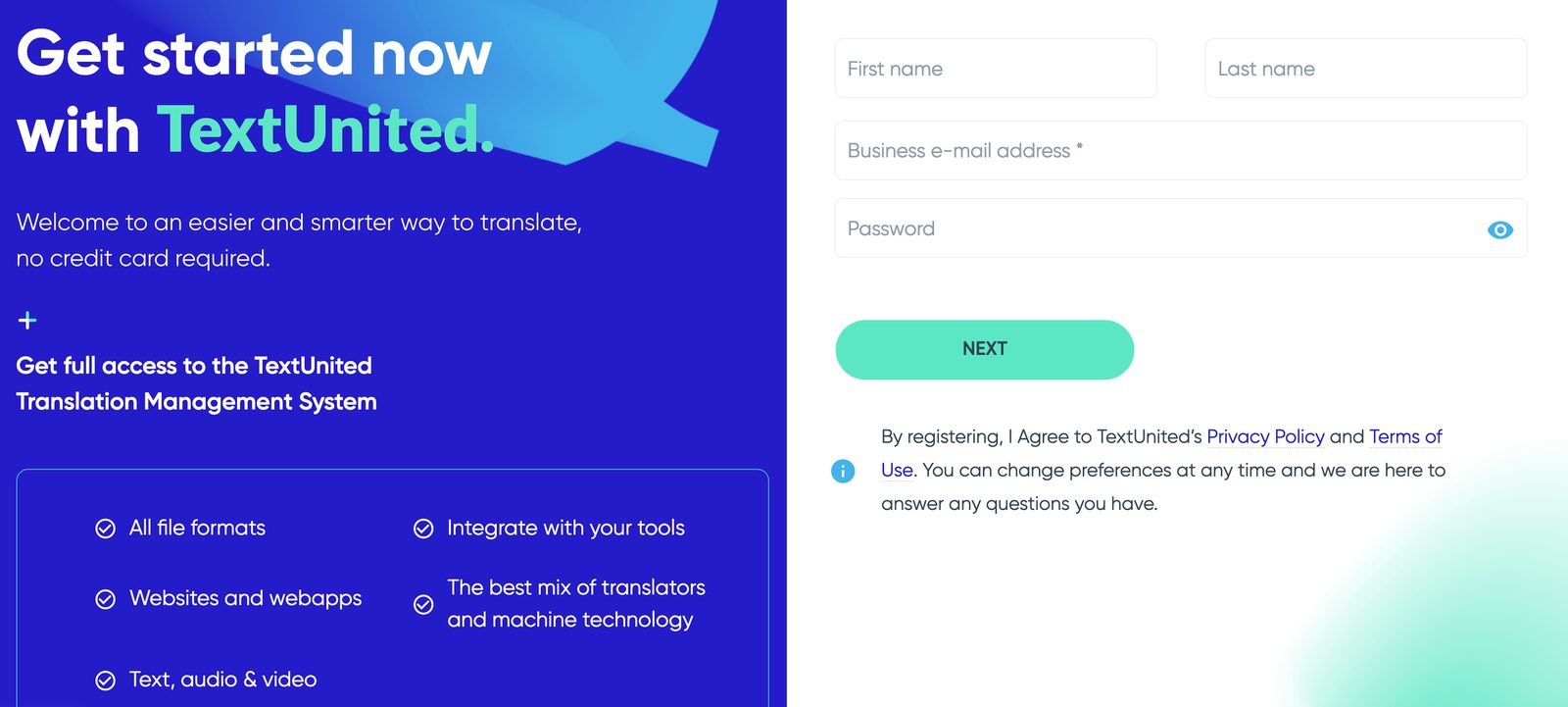For a long time now, “Translation” and “Localization” have been buzzing around, sparking curiosity. You know what they say—“Curiosity killed the cat.” But don’t worry, you’ll find out if that’s really the case by the end of this piece.
If you take a look around, or even just think about the world, you’ll notice that many businesses today operate online. Ever wondered why? A major reason is that countless online businesses aim for global expansion. But reaching a global audience is no small feat. For these businesses, global expansion means connecting with customers spread all over the world.
These customers speak different languages and have varied cultures and preferences. To succeed in these diverse regions, businesses need to ensure their target audience can understand, use, and relate to their products. Otherwise, it’s like trying to talk to a brick wall.
This is where services like those offered by TextUnited come into play. Their expertise in translation and localization helps businesses bridge language barriers and tailor their content for different markets, making global expansion much more achievable.
Take Netflix, for example. Originally a US-based company, Netflix successfully launched its streaming service globally by addressing the challenges of foreign languages, cultural sensitivities, and regulatory environments. How did they pull this off? They invested heavily in translation and localization services!
They didn’t just translate their content; they localized it to make sure shows and movies resonated with international audiences. Now, let’s pause here and go into what translation and localization actually mean.
What Exactly Do Translation and Localization Mean?
In very simple terms, translation is a process of converting text from one language to another without affecting its original meaning. It involves a deep understanding of both the source and target languages, as well as the ability to express the same ideas, tone, and style accurately. For example, a multinational corporation like Coca-Cola, which has its slogan “Open Happiness,” translated into dozens of languages around the world to connect with consumers in different markets without losing the core message of positivity and joy associated with consuming their products.
Localization has to do with adapting a product or service to a specific locale or market, taking into account cultural, linguistic, and legal considerations. A classic example of localization in action is Microsoft’s approach to developing Windows operating systems for different regions. For instance, the Japanese version of Windows includes an enhanced IME (Input Method Editor) for easier kanji input, reflecting the unique needs of Japanese users. Similarly, the European versions of Windows have been adapted to support right-to-left text directions, accommodating the writing systems of Arabic and Hebrew-speaking users.
Why Your Business Should Employ Translation and Localization Services
There are certain questions you need to answer first to determine if translation and localization services are truly what your business needs:
- What is your primary goal? – Are you looking to enter new markets, improve the customer experience for existing international clients, or increase brand awareness globally?
- Which languages are most relevant to your business? – Based on your current and potential markets, which languages are spoken there? Are there specific languages where your competition excels, and you wish to match or surpass them
- What type of content do you need to translate/localize? – Websites, social media posts, product descriptions, manuals, or something else? Consider the variety and volume of content you’ll need to adapt.
- Do you have any cultural considerations? – Are there cultural nuances or sensitivities that must be addressed in your translations? Will your products or services require adaptation to fit local customs and preferences?
- What is your budget? – Understanding your financial constraints will help narrow down options and choose services that offer the best value for money.
Once you have answers to these questions, you’ll begin to see why translation and localization services are essential for your business.
These services ensure that your message is understood clearly and resonates with people from different cultures, preventing misunderstandings and fostering better relationships with your customers.
They also adapt your products or services to meet the specific needs and preferences of local markets, making them more appealing and competitive. This not only expands your customer base but also opens up new opportunities for growth and success on a global scale.
So… What Makes Translation Different from Localization?
You’ve already gotten an idea of what translation and localization mean, but do you know they are two distinct processes?
Translation, on the one hand, focuses solely on converting text from one language to another, keeping the original meaning intact. Localization, on the other hand, extends far beyond just text. It involves making a product or service fully compatible with a specific market by considering every aspect that could influence its reception, such as cultural nuances, legal requirements, and user preferences.
So, you can say that translation is about words, whereas localization is about the whole package, including words, images, layouts, functionalities, and even the way a product interacts with its environment.
For example, for a global app development project, translating the app’s interface means converting all text and instructions into the target language. However, true localization would involve customizing the app’s design to suit the aesthetic preferences of the target market, adjusting the app’s features to comply with local laws and regulations, and possibly even redesigning the app’s navigation to align with the reading habits of the target language speakers.
What Makes TextUnited Your Go-To Solution?
Now that you understand what translation and localization mean and why it’s important for your business to embrace these services, you’re probably looking for a way to achieve all that we’ve mentioned. This is where TextUnited comes in!
TextUnited stands out as your go-to solution for translation and localization services for several key reasons. First, it provides a comprehensive suite of tools designed to simplify the entire translation process, from initial document upload to final review and delivery. Its AI-powered platform not only translates your content but also ensures accuracy with its human translation and post-editing capabilities, while its automatic translation ensures that your content is translated quickly.
Another major reason to choose TextUnited is its commitment to quality and customization, which sets it apart. With access to a vast network of professional translators and localization experts, TextUnited can tailor solutions to meet the unique needs of your business, whether that involves handling complex technical jargon or navigating cultural nuances. This personalized approach ensures that your global communications are not just accurate but truly resonate with your international audience.
See also: Step-by-Step Guide to Software Localization with TextUnited API
Taking the First Step at Utilizing Translation and Localization Services
With all the information you’ve gathered, you can see that utilizing translation and localization services is the first step for your business to expand its reach and engage with global audiences. Your journey toward global success becomes clearer with an understanding of the distinct roles of translation and localization and their impact on your business.
It’s also worth mentioning that TextUnited’s ability to adapt and customize services to fit the unique needs of your business will certainly ensure that your global communications are not only accurate but also deeply connected with your international audience.
So, what are you waiting for? Don’t waste any more time—sign up with TextUnited and start your free trial!



